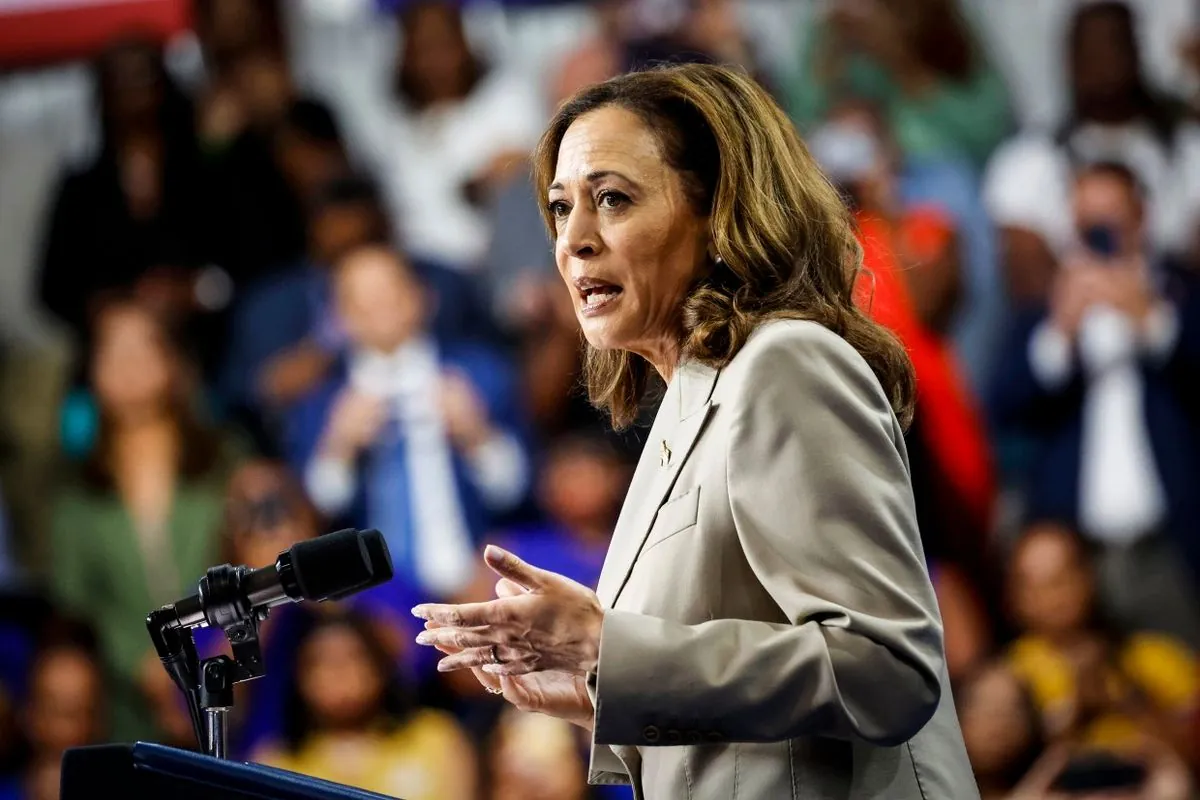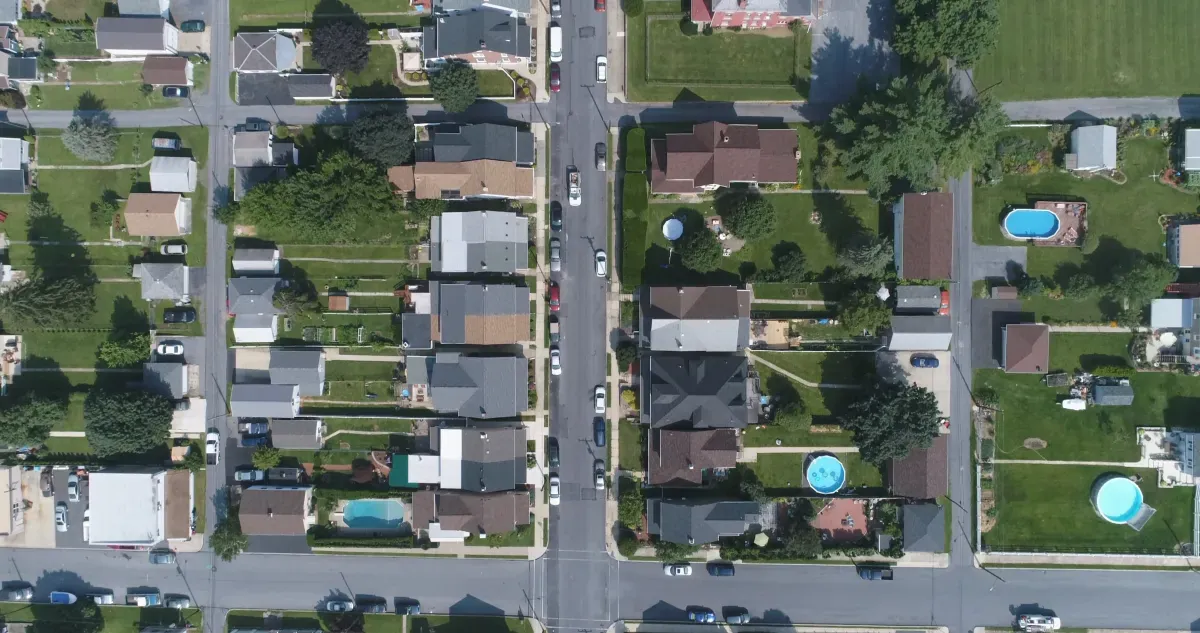Harris' Bold Housing Plan Aims to Tackle US Home Shortage
Vice President Kamala Harris unveils a $40 billion housing agenda to build 3 million new homes in 4 years, addressing the US housing crisis. The plan focuses on zoning reforms and innovative approaches to boost affordable housing supply.

In a surprising shift for the Democratic Party, Kamala Harris has taken the lead in addressing the United States' housing crisis. The Vice President's recently unveiled $40 billion housing agenda aims to tackle the nation's shortage of 4.5 million homes, marking a significant departure from traditional Democratic skepticism towards supply-side solutions.
Harris' plan, released on August 16, 2024, sets an ambitious target of constructing 3 million new homes within four years. This goal is particularly noteworthy given that developers completed just 1.5 million units in 2023. The initiative focuses on promoting "innovative" approaches to affordable housing, including grants and loans for local developers and non-profit organizations.

The proposal heavily emphasizes zoning reforms and regulatory streamlining, language typically associated with Republican policies. This shift in approach has garnered support from prominent Democrats, including former President Barack Obama, who endorsed the need to "clear away the ideas of the past" and update outdated rules.
Several cities and states have already implemented successful housing plans with measurable impacts on prices. Washington, D.C., for instance, achieved its 2019 goal of building 36,000 new homes by 2025 ahead of schedule. In Wisconsin, a crucial battleground state, bipartisan efforts have led to supply-focused housing laws that encourage changes in land-use rules and streamline project reviews.
However, the nationwide housing drive may face resistance from homeowners, who comprise two-thirds of dwelling occupants in the US. Many middle-class Americans derive a significant portion of their wealth from real estate, and there are concerns about potential impacts on property values.
"Given the immense shortage, though, more housing will probably slow the appreciation in home values, not send them plummeting."
Experts suggest that increased housing supply is more likely to slow the appreciation of home values rather than cause a dramatic decline. A study commissioned by Washington, D.C. estimated that its recent housing boom would keep rents 5.5% lower than if development had continued at its previous pace.
The timing of this Democratic embrace of housing construction aligns well with potential economic shifts. If Harris is elected, her first year in office may coincide with Federal Reserve interest rate cuts, creating favorable conditions for the housing initiative.
As the US grapples with its housing crisis, innovative solutions are gaining traction. The tiny house movement and prefabricated housing techniques offer alternative approaches to traditional construction, while transit-oriented development and green building practices are reshaping urban planning. Additionally, housing cooperatives and community land trusts present alternative models of homeownership that could complement Harris' plan.
With the political and economic winds seemingly aligning, Harris' bold housing agenda represents a significant step towards addressing the US housing shortage. As the nation looks to the future, the success of this initiative could have far-reaching implications for housing affordability and accessibility across America.


































